In today's digital age, protecting your online accounts has become more critical than ever. Whether you’re a student, a faculty member, or a staff employee at a mining institution, ensuring that your Mines login credentials are secure is essential. With the increasing number of cyber threats and data breaches, following best practices to safeguard your information can make a significant difference. This article will guide you through a comprehensive security approach to help you secure your account with easy and effective steps.
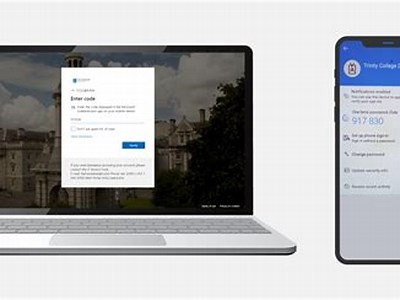
Your account credentials give access to sensitive information and resources. Thus, securing your account is not just about protecting your personal data; it is about maintaining confidentiality and trust within the institution. A compromised account can lead to unauthorized access to academic records, sensitive communications, and personal information. Therefore, understanding the importance of protecting your account is the first step towards ensuring its security.
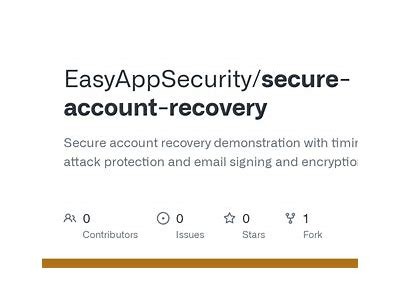
Before we delve into security measures, it's essential to understand the common threats you might face. These threats include phishing attacks, password theft, malware, and social engineering exploits. Each of these tactics seeks to exploit personal vulnerabilities or system weaknesses. Awareness of these threats will empower you to take proactive steps to secure your account.
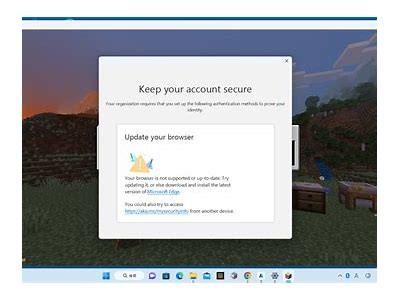
The foundation of any secure account is a robust password. Here are some recommendations for creating a secure password:
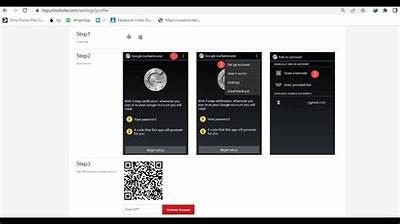
Enhancing your login security with two-factor authentication (2FA) is a powerful tool. 2FA provides an additional layer of security by requiring not only your password but also a second form of verification. This can come from a smartphone app, text message, or email. Implementing 2FA greatly reduces the likelihood of unauthorized access, even if your password is compromised.
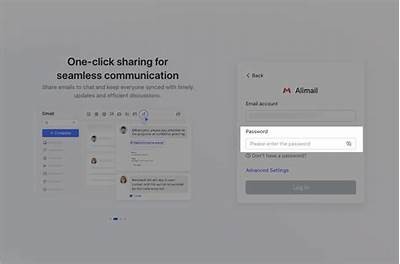
Even with a strong password, regular updates are vital. It’s advisable to change your password every three to six months. Additionally, after any suspected security breach or if you believe your password may be compromised, change it immediately. Regular changes can help protect you from potential long-term threats. Monitoring Account Activity
Keeping an eye on your account activity can alert you to any unauthorized access. Regularly check your account for any unfamiliar logins or changes. Most platforms provide an account activity log where you can view the history of logins and device locations. If you notice anything suspicious, take immediate action by changing your password and contacting support. Recognizing Phishing Scams
Phishing attacks can occur in many forms, including emails, text messages, or pop-up ads. Be cautious of unsolicited communication asking for personal data. Look out for suspicious links and verify the sender's email address. Authentic institutions will never request sensitive information via unsecured channels. If in doubt, contact your institution’s support directly to confirm the legitimacy. Using a Password Manager
With the multitude of accounts and passwords, remembering unique strong passwords can be daunting. This is where a password manager comes in handy. A password manager can securely store and encrypt your passwords, allowing you to generate unique passwords for every site without needing to remember them all. This significantly enhances your overall security posture. Keeping Software and Devices Updated
Regularly update your device’s operating system, applications, and security software. Updates often include patches for security vulnerabilities that could be exploited by attackers. Enabling automatic updates can help ensure that your devices have the latest protections without requiring manual intervention. Being Wary of Public Wi-Fi
Using public Wi-Fi networks can expose you to additional risks. Avoid accessing sensitive accounts when connected to public networks, as they are often unsecured. If you must use public Wi-Fi, consider utilizing a Virtual Private Network (VPN) to encrypt your internet connection, adding an extra layer of security. Conclusion
Securing your Mines login account requires diligence and proactive measures. By creating strong passwords, implementing 2FA, monitoring account activity, and recognizing potential threats, you can significantly reduce your risk of unauthorized access. Education about the common threats and adopting best practices will help you maintain a secure digital environment. Take charge of your account security today and cultivate habits that ensure your personal and institutional data remains protected. Related Tags
转载请注明:willbet Free Online Games » le pharaoh » Secure Your Account with Easy Steps for Mines Login Access and Support